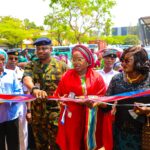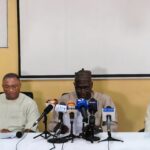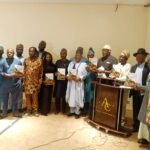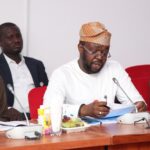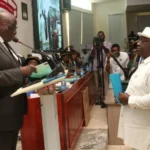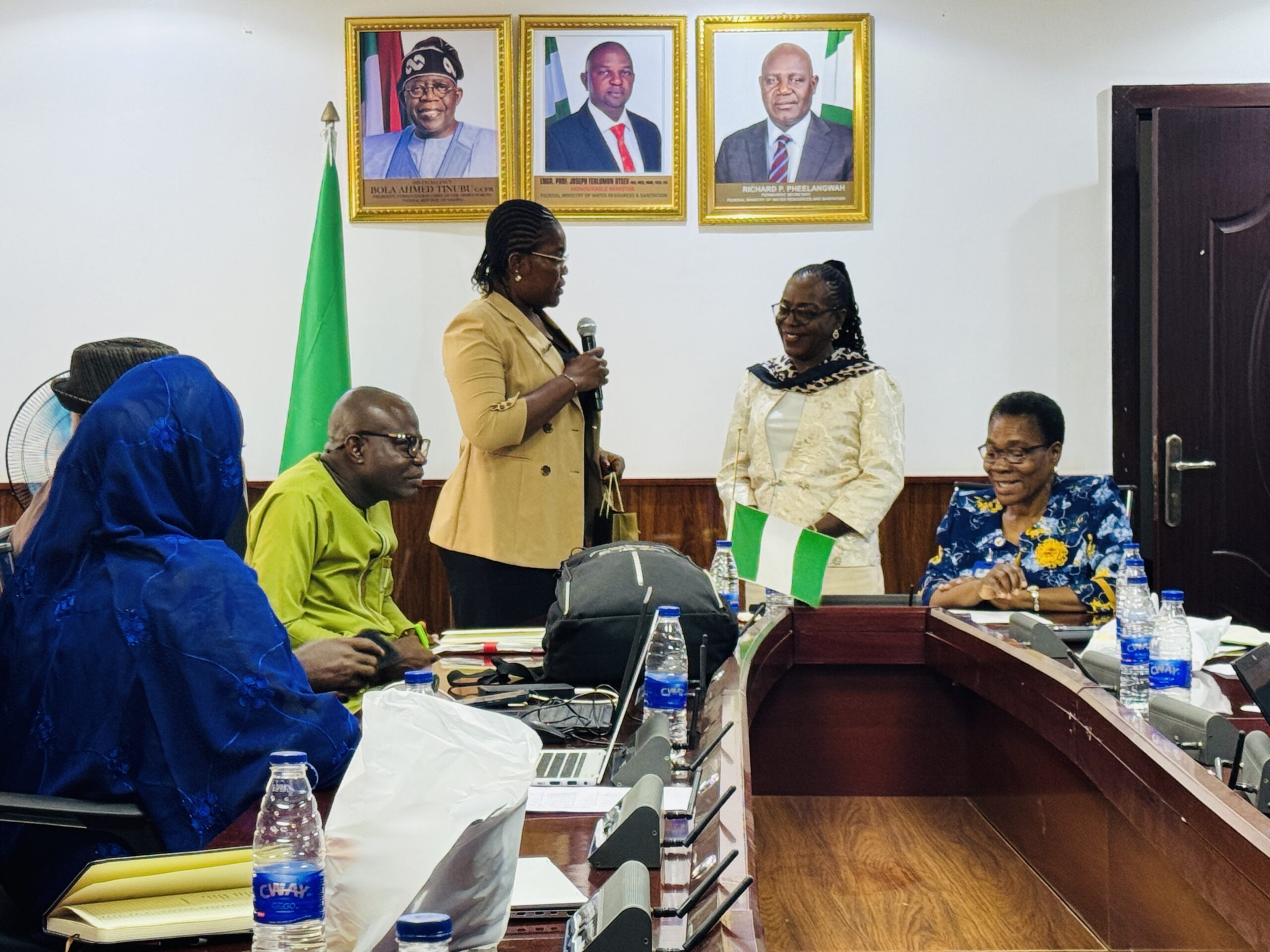NTI hosts maiden National Education Quality Assurance Policy Committee meeting
By Hussaina Yakubu The maiden edition of the National Education Quality Assurance Policy Committee meeting is currently underway at the National Teachers’ Institute (NTI), Kaduna. The meeting organised by the Federal Education Quality Assurance Service Department of the Federal Ministry of Education, billed to hold from Sept. 2 to 4.Continue Reading

